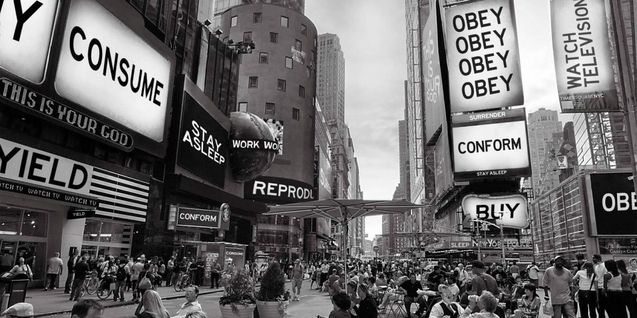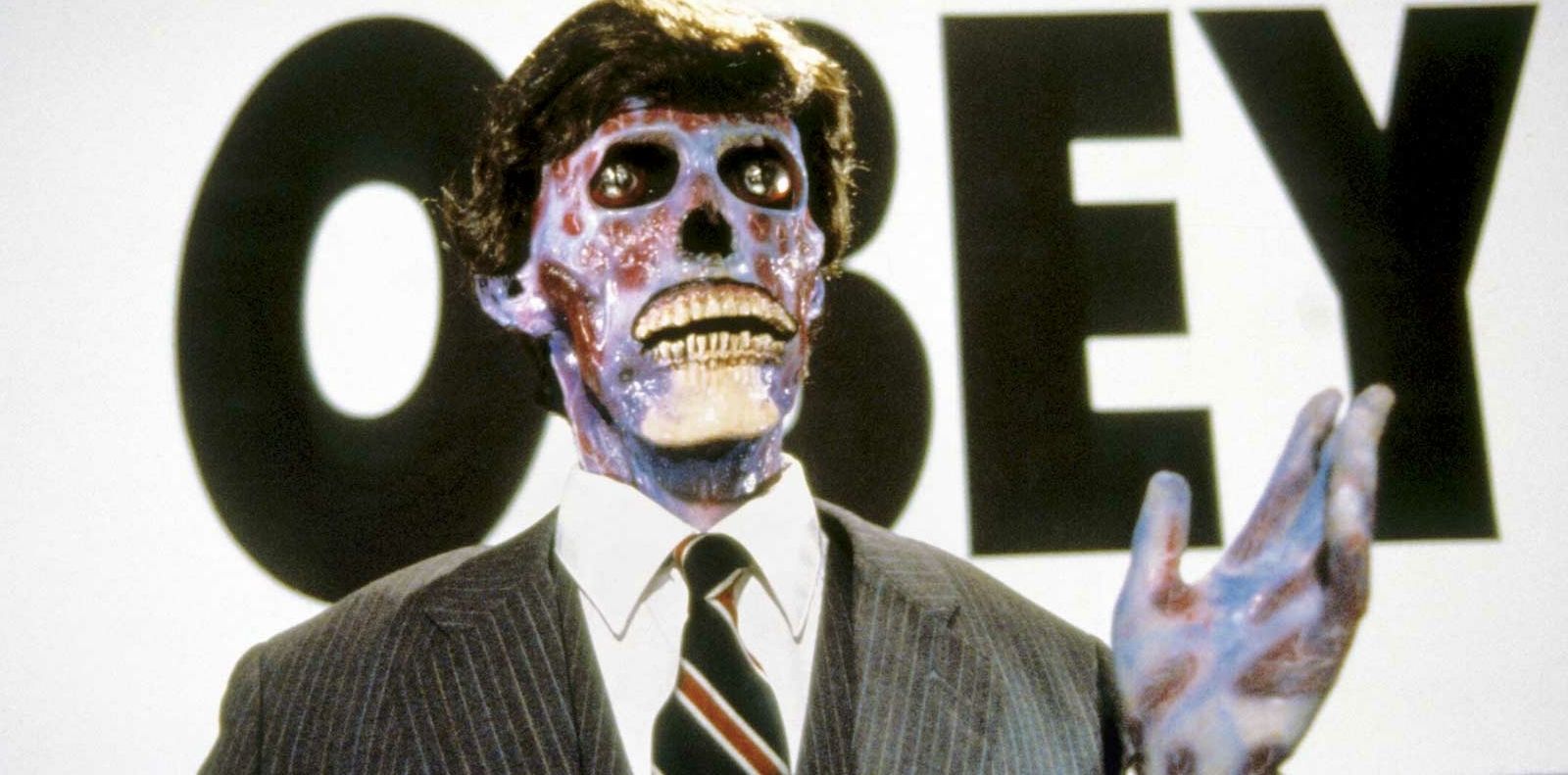Horror master John Carpenter has tried his hand at satire Invasion of Los Angeles. A total triumph that mixes social criticism and regressive pleasure.
We all know John Carpenter for his horror classics. But the director has tried many other genres, often with undeniable artistic success. In 1988, just out of the underrated nugget prince of darknessBig John engages in satirical science fiction with Invasion of Los Angeles.
The result will be an absolutely brilliant film. On the one hand, an angry feature film, which at no time hides its (not so) stupid and evil metaphors. On the other, an action series B that takes the time to entertain the viewer with formidable efficiency. A cult film worth (re) discovering.
Is it really worth a look?
MODERN DISEASE
Any fan of John Carpenter will have read it before: the director has always supported him Invasion of Los Angeles it is a documentary and not a fiction. There is no doubt that the film plays intelligently with subtle messages. The metaphor is obvious He attackedant primarily to Reagan’s capitalist and elite politics. Hard to miss when the film literally shows us a world where evil extraterrestrials have infiltrated all layers of power in place with the aim of subjugating the poorest.
At the center of the story there is also the question of poverty. From the very first sequences, the director strives to film the deprived neighborhoods of his dystopian Los Angeles as the slums. The image vertically contrasts this humanity that lives in the middle of the garbage with the large luxurious villas that overlook the valley. A social contrast through spatial representation which could very well be one of the inspirations of Parasite de Bong Joon-ho.
 An overwhelming verticality
An overwhelming verticality
Invasion of Los Angeles it also deals with advertising, always in the most direct way possible. John Carpenter said he watched a lot of television while he was preparing the script for his film. He was then stunned by the television obsession of always wanting to sell a product to passive spectators. It is this magnetic power of commercial images that questions itself. The cynical use of an idyllic fantasy life, the capitalization of a phony American dream.


